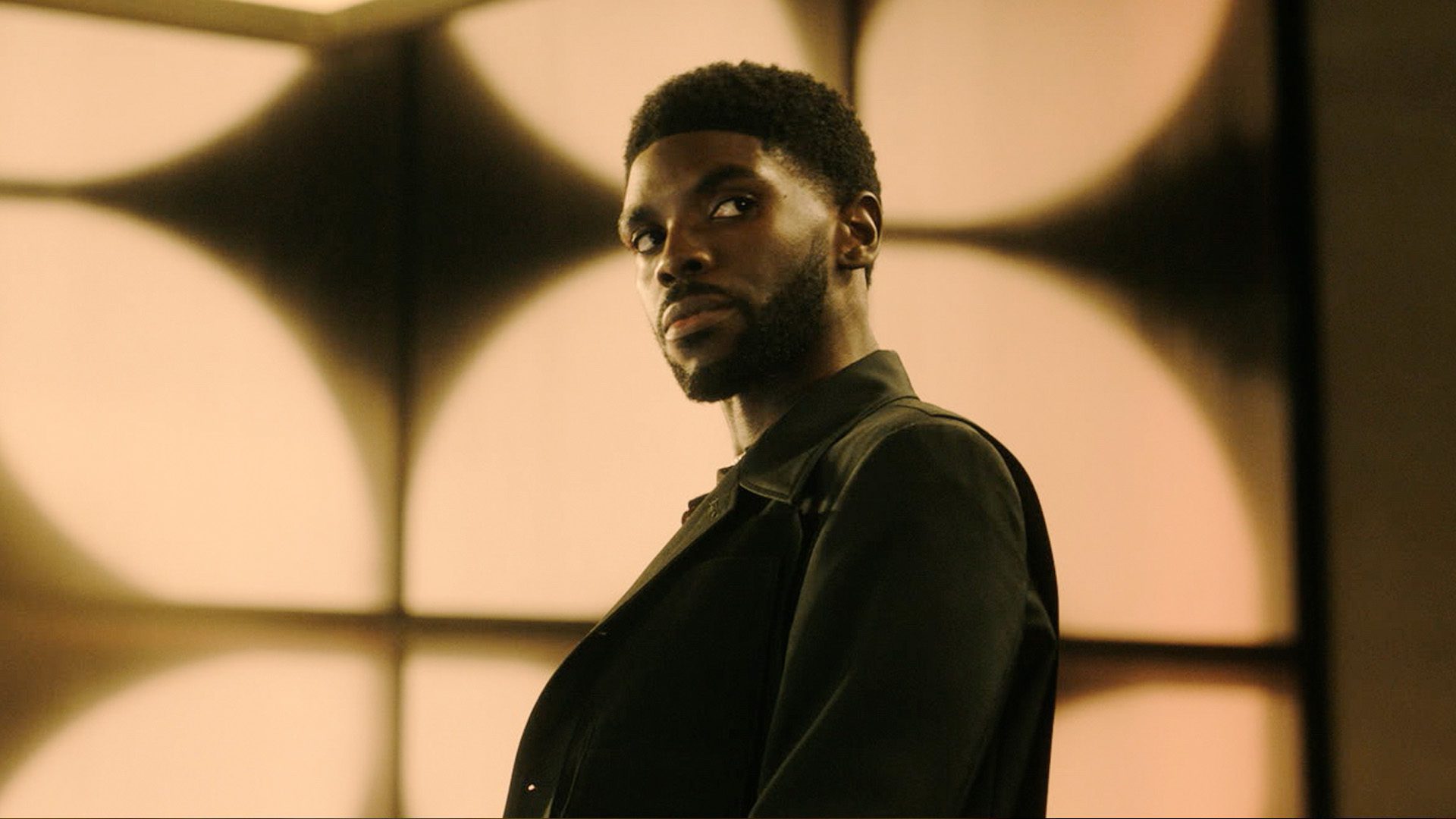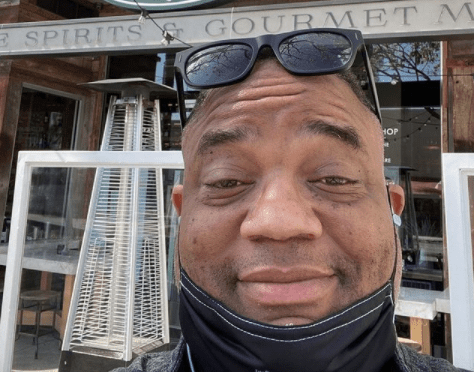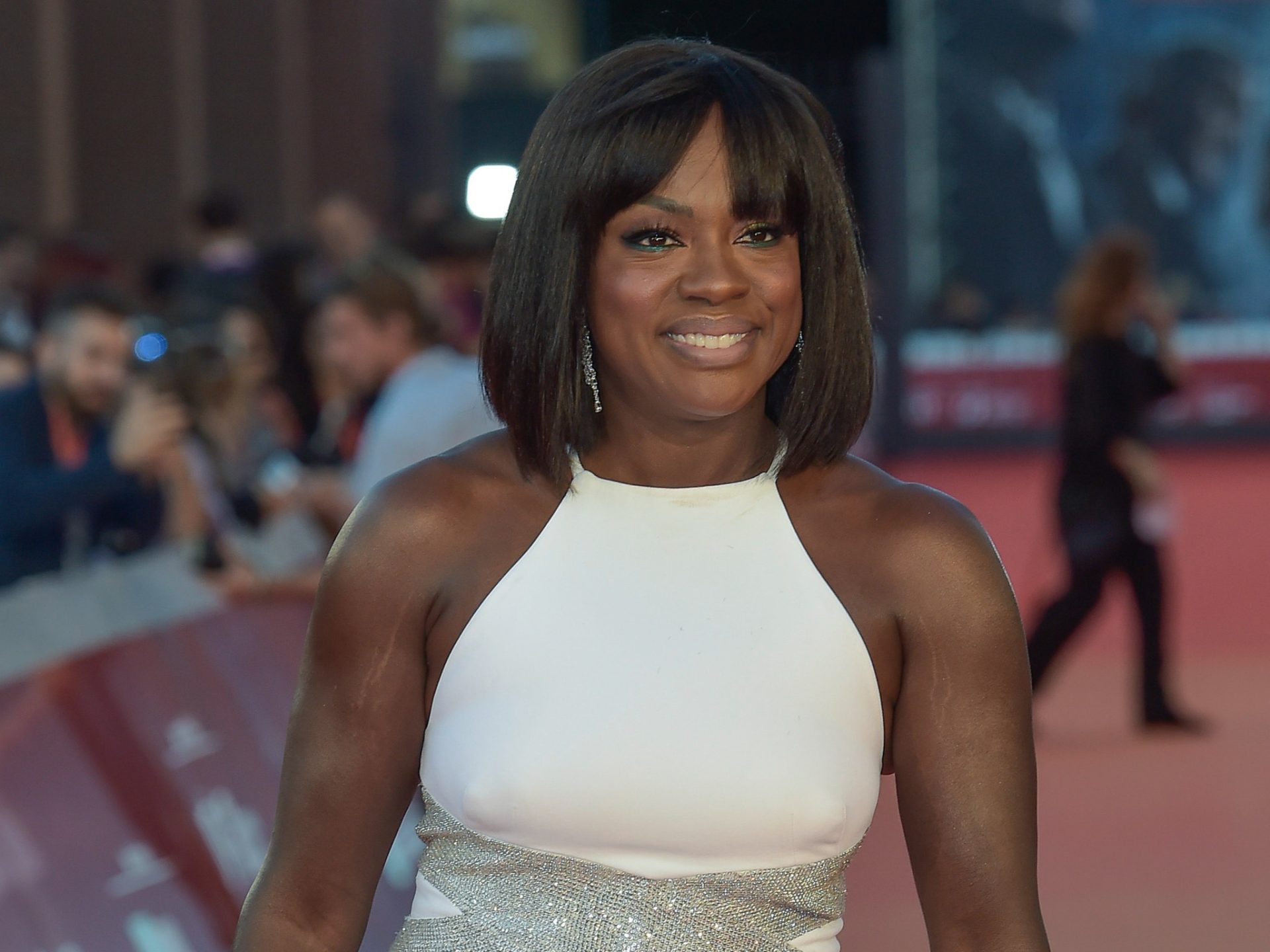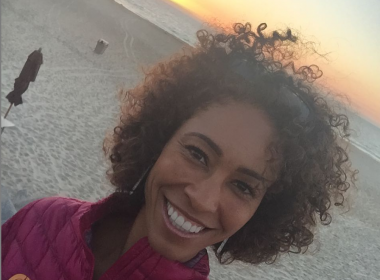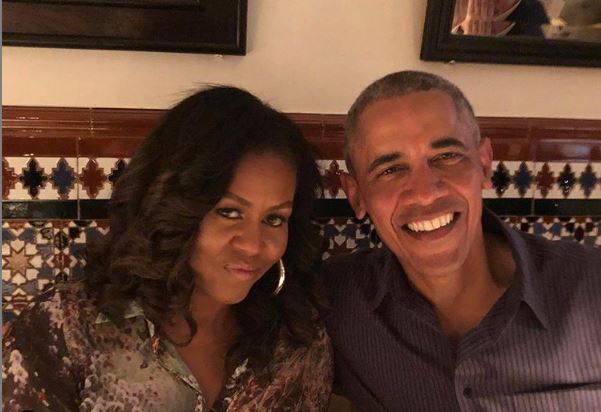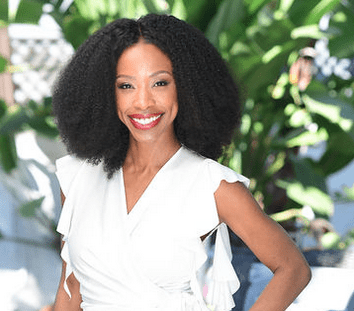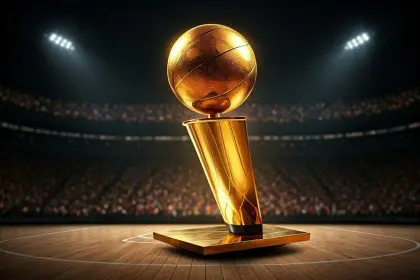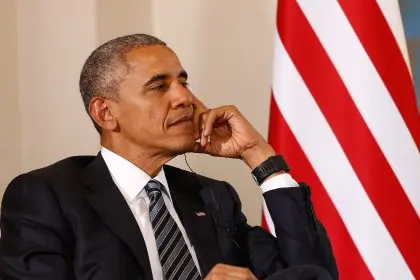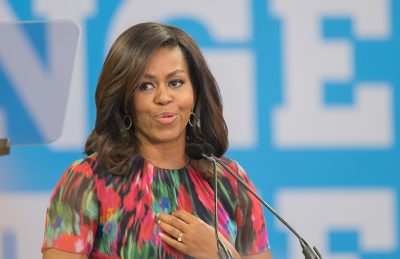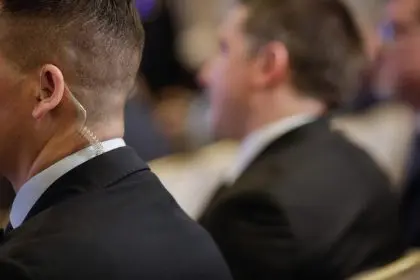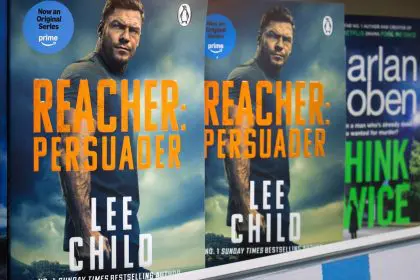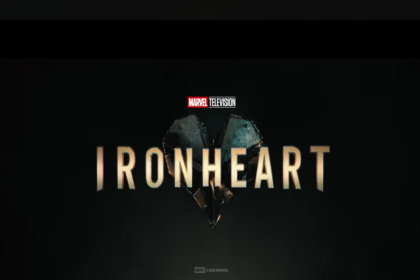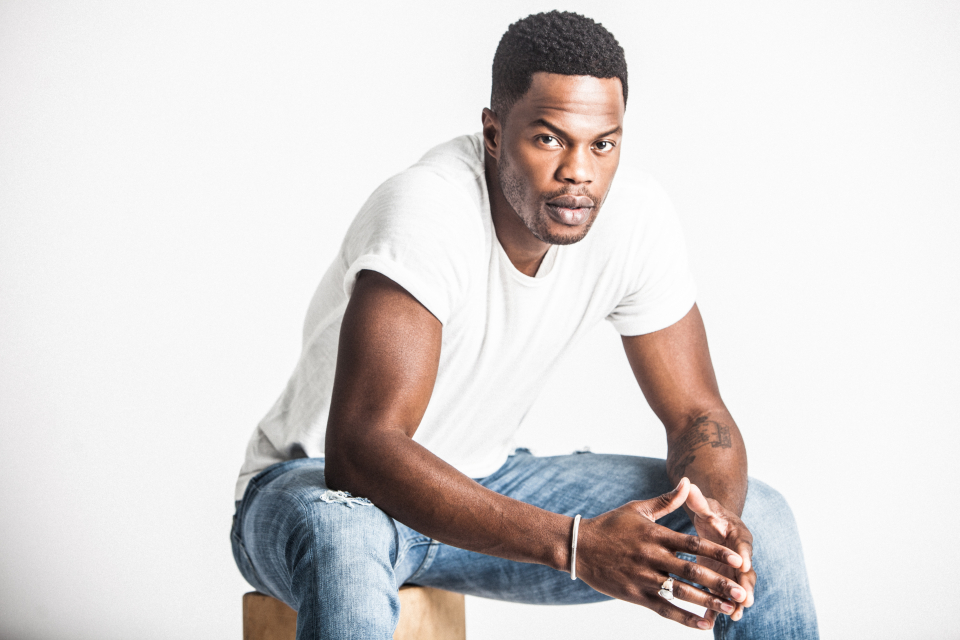
Sam Adegoke and his character Jeff Colby are at the forefront of CW’s “Dynasty.” Not only is the cast culturally diverse; they are able to bring those unique differences to their distinctive characters.
Rolling out talked with Adegoke to discuss the details of his Nigerian roots, how his roots intertwine with his character and the importance of Black History Month.
What Nigerian tribe are you from? What is the importance of your tribe?
I’m from the Yoruba tribe of Nigeria. We’re one of the largest and well-known ethnic groups in Africa with a rich heritage as artists, be that as sculptors, musicians or performers. Yorubas are also generally known as the lively bunch for our enthusiasm at parties. We’re usually the ones dancing, talking loudly, cracking jokes and rubbing our bellies after a large meal of pounded yam, jollof rice, plantains, and okra soup. Our customs, clothing, food, and music have been very influential throughout time, especially music, with the likes of Fela Kuti and his afrobeat movement that is still wildly popular today. I’m very proud to be a Yoruba man; however, I embrace all tribes of which there are hundreds in Nigeria for their respective beauty. It’s important to celebrate our uniqueness but a more unified Nigeria must occur for the country to reach its full potential.
How do you feel about your position of being Nigerian born, but growing up in the Black American experience?
The majority of Black folks I grew up with were Nigerian. I think that’s largely because it helped the families we immigrated with to survive and learn from one another through our shared experience as foreigners. English wasn’t really my first language and so much of my upbringing, despite being in America, was very much rooted in Nigerian ways. We often travel back to Nigeria so the pulse of the country is ever with me. That said, I also very much grew up in and identify with the Black American experience and feel as American as I am Nigerian. It has influenced who I am and how I see the world from the sociopolitical and economical disposition of Blacks in America to the music, food, and culture I relate to, and I love both. I love that I grew up in two different worlds that have influenced and shaped who I am. I relate to and empathize with both and see the similarities and differences that make both beautiful. It allows me to speak and understand two languages beyond just the literal sense — if that makes sense. It’s what allowed me to pitch my character on “Dynasty,” Jeff Colby, to be Nigerian, and we’re making history doing scenes in my Yoruba language on a major broadcast television network which is amazing.
What is the importance of still celebrating Black History Month in 2018?
I strongly believe we need to be brazen and unapologetic in celebrating Black history or it will be lost. Our history is rarely highlighted or celebrated in schools, especially schools with little to no Black students. I went to a predominantly White high school and it wasn’t until I made the request to my history teacher one February, that he implemented a week-long series of Black History Month activities, and that ought not to be. Black history isn’t a novelty, nor should it be considered an elective to American history. It is American history and we must assert that. We must celebrate ourselves as innovative, resilient, powerful people who’ve suffered slavery, dehumanization, and acute violence, yet still made gigantic contributions to music, arts, culture, politics and the very building of this country. Honoring and remembering that will remind us how far we’ve come, how much we’ve endured, how great we are, and how much more we can, need to and will accomplish in the future.
What are some pivotal moments in Black history that have been the most influential to you?
The Civil Rights movement definitely impacts and affects just my sense of black history and how I want to live in honor of those who paved a way for blacks to enjoy some sense of access to the American dream. As an artist, certainly the Harlem Renaissance for its prolific contributions to black arts, music, literature, and black social ideologies. I feel like we’re in a neo-Black renaissance right now, especially in entertainment. I’d also have to say the Pan-African and Afrocentrism movements that gave rise to ideas of unity and blacks embracing their African heritage. They were obviously before my time, but they do influence my idea of what America is, as well as the black experience and my own sense of black consciousness. Present day or in my lifetime, the election of the first Black president of the United States Barack Obama tops the list. Also, the Black Lives Matter movement, and to be honest the upcoming Black Panther movie is a monumental achievement in Black history. I can’t wait!
Are there are any other Nigerian-American influencers that you feel have impacted America?
I love the increasing presence of Nigerians in literature and entertainment. We’ve had historic greats like Wole Soyinka and Chinua Achebe make headlines, but the new school has shown up with a bang. Actors like John Boyega, Yvonne Orji, David Oyelowo, Uzo Aduba, Adewale Akinnuoye Agbaje, and Hakim Kae Kazeem to name a few, as well as writers like Chimamanda Ngozi Adichie, are all blazing the way for more inclusive and unique storytelling. I’m excited not only for the future of Black entertainment and storytelling but the importance of Nigerians and their contributions to that future. I have to nod to the revolutionary movement in music spearheaded by the likes of Wiz Kid, Davido, Tekno, Tiwa Savage and others. While their music has some Western influences, it’s still very much Nigerian with lyrics in the native tongue but they’re now making it accessible to the world. I love that they insist on keeping the core of the music Nigerian.

